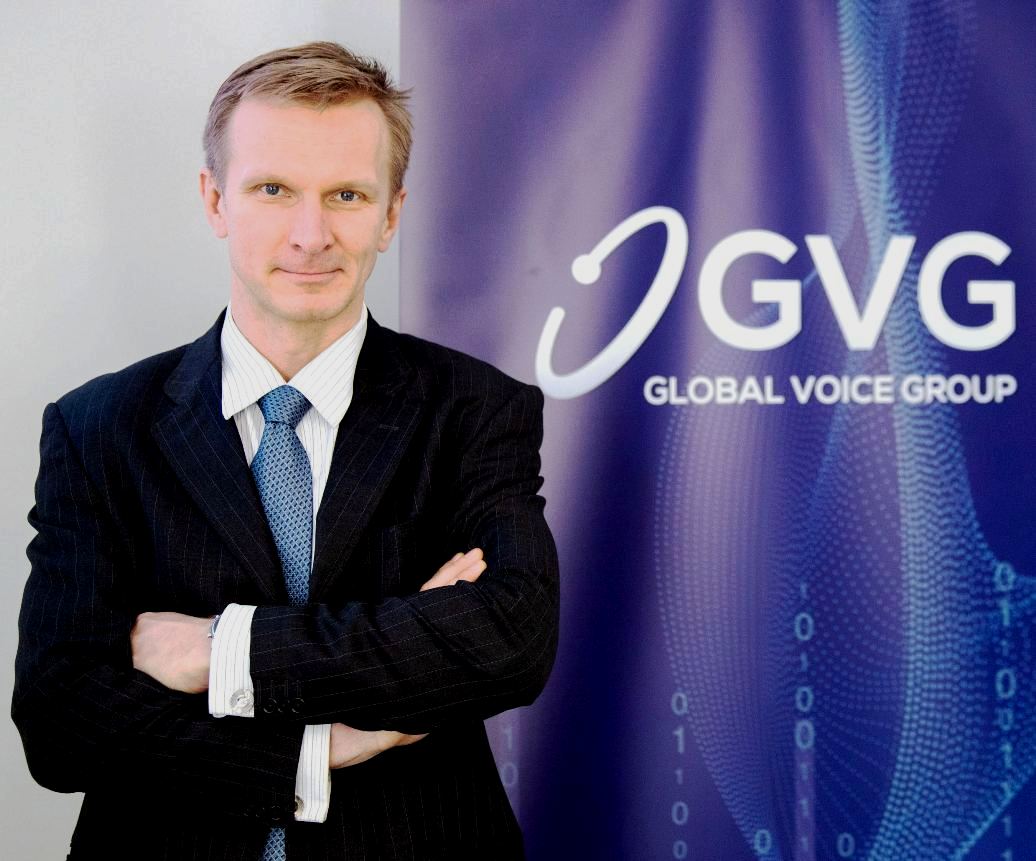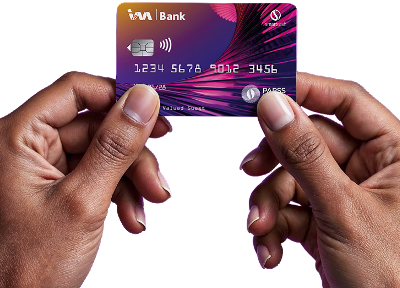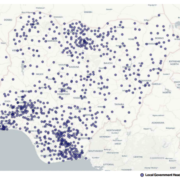While governments are increasingly using mobile location data to curb the spread of Covid-19, tracking raises questions in terms of data protection and anonymization. VP of Technology, Global Voice Group, Raul Vahisalu explains how mobility intelligence tools enable governments to improve decision making while protecting private data thanks to anonymization techniques. He shares with IT Edge News. Olusegun Oruame.
Governments increased use of mobile location data to address the spread of Covid-19 has equally raised concerns around privacy protection. How does your solution resolve the challenges of data protection and anonymization specifically as they relate to privacy protection?
We at GVG believe that governments are loyally acting in the interests of citizens. There are various legal frameworks in place and ministries and agencies are governing, developing and innovating continuously in their respective domains. The emergence of Covid-19 has posed many unique challenges and governments have understood and harnessed the benefits of sharing and using data in the global fight against the pandemic.
Overall there is a fine balance in how to utilize data in a way that individual privacy is protected, but at the same time have a complete dataset that is detailed enough so that analytics will be useful and meaningful. Our solution is a mix of technologies, processes and people and we work within the spectrum of identifiability – we transform identified data into pseudonymized (by removing, replacing or adding fake identifiers) and finally anonymized data. Conceptually, we work with huge clusters of data and the bigger the cluster, the less identifiable everybody is. In the deployment of any solution, we always define project environment safeguards; work with safe people andsafe data which ultimately results in actionable intelligence and oversight that is data driven.
“Technology is always evolving and we see more and more governments pushing for fast adoption of solutions for a digital nation to remain competitive as a country….We are happy to note that Ministry of Communications [& Digital Economy] is developing a “Roadmap for the Use of Mobile Big Data for Official Statistics in Nigeria” among other initiatives.”
Again, as authorities somewhat invade citizens’ data privacy to track COVID-19 spread, just how exactly do Mobility Intelligence Tools enable governments to improve decision making while protecting private data?
When we talk about the data that originates from mobile phones, then the primary purpose of a phone is to make a call, send a message or use an application, of which there are many. In order to offer this service we have knowledge and expectations about what data the mobile operator has about you and we confidently assume that the collected data will only be used for the direct purpose of providing that service, not for anything else. But there is also a lot of data that was indirectly collected and used for secondary purpose, for either technical, legal reasons or for the benefit of society.
Let’s take the example of wanting to travel from A to B. Probably you purchased a ticket and after travelling, this ticket is thrown away. This ticket and travel event is identifiable by name and is considered primary purpose. You might not want to tell anyone that you have travelled and it is your right and private information indeed. But there is also secondary purpose, for example transport planning. Transport providers count people and investigate their travel patterns in order to provide a good route coverage and travel schedule optimization for its customers. If your travel details without a name are included in this exercise, then this information is no longer considered private.
Equally, what we are doing is building analytical models based on non-identifiable data and we can provide insights into for example crowd level mobility across the country. Mobility data has been successfully used to analyse the spread of Zika virus, Malaria and also to provide cross border movement, or tourism statistics. It is useful as a trend indicator and can help the Governments immensely in their policy creation, execution and oversight.
“Overall there is a fine balance in how to utilize data in a way that individual privacy is protected, but at the same time have a complete dataset that is detailed enough so that analytics will be useful and meaningful. Our solution is a mix of technologies, processes and people and we work within the spectrum of identifiability.”
What are some of the experience and challenges of Global Voice Group in providing IT services in emerging markets – do you foresee exploring businesses in African countries such as Nigeria; specifically working with governments and regulatory authorities, assuming you have no business presence here yet?
Technology is always evolving and we see more and more governments pushing for fast adoption of solutions for a digital nation to remain competitive as a country. In our experience there are three key challenges that every country is in the process of addressing: digital national ID that can be used with a mobile phone; interoperability framework between different data stores and registries; for data driven decision making, the first step is to actually have data, thus apply solutions and technologies that acquire and aggregate data and provide big data analytics.
What concerns Nigeria, then even though we do not currently have a business presence there, we are happy to note that Ministry of Communications [& Digital Economy] is developing a “Roadmap for the Use of Mobile Big Data for Official Statistics in Nigeria” among other initiatives. As we have the experience of setting up platforms and processes in several African countries, we recently witnessed a surge of interest towards our solutions and hopefully these installations could be some day part of a larger emerging pan-African data exchange system that will benefit everybody.
What do you foresee as the future of data privacy and data anonymization in the post COVID -19 era; what are likely to become the ‘new normal’ in decision making and tools choice for most governments and regulators?
We as clients expect improved and new services, features and overarching quality. The topic of privacy in technological systems is complex and the development of decision making tools for the government and regulators involves the fields of computer science, mathematics and statistics. Technology allows the development of tools that perfectly comply with the laws and regulations of the country, which means that hopefully the “new normal” is that clients trust these support systems.
I believe that in the future all major decisions will be based on data and this will improve the quality of life and optimize the allocation of investments benefiting everybody. In order to be trustworthy, we are able to explain what data is collected and how it can be used, shared and with whom. In the future we have to address privacy systematically and transparently, keeping data secure and safe for access. We are in search of a win-win scenario and a good balance of both privacy and innovation in Africa.





























